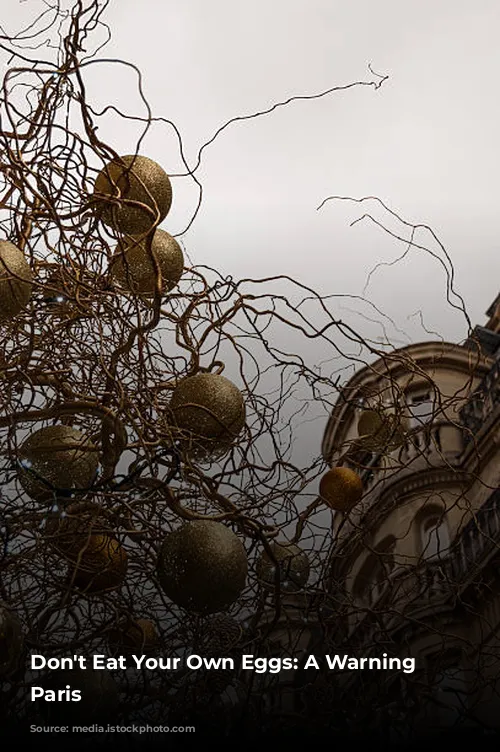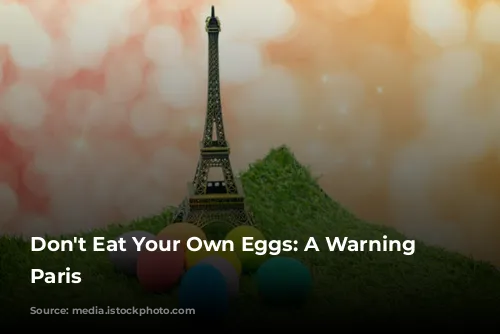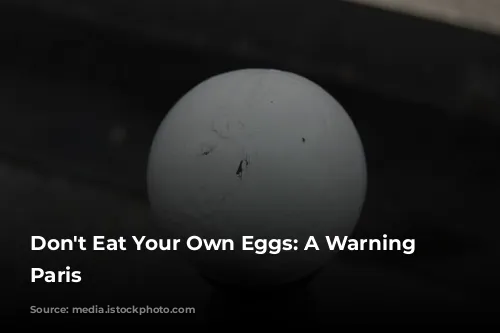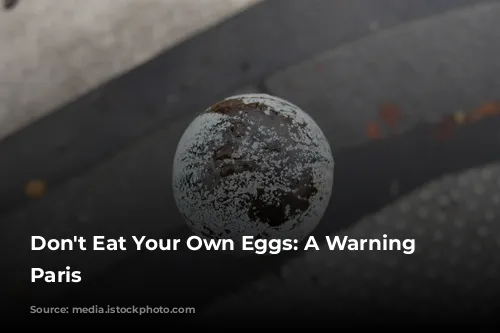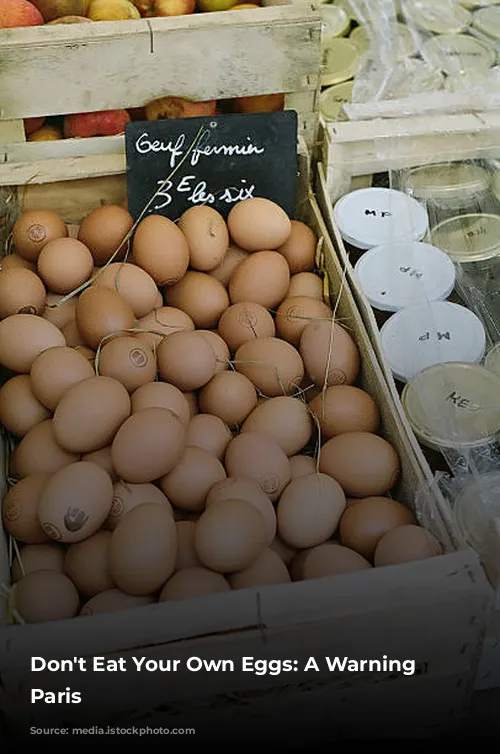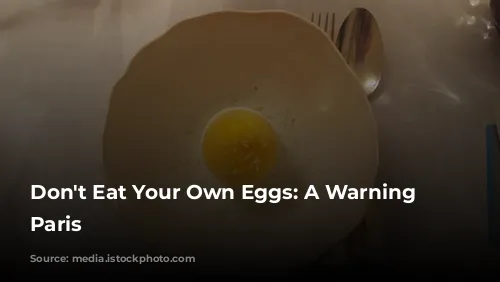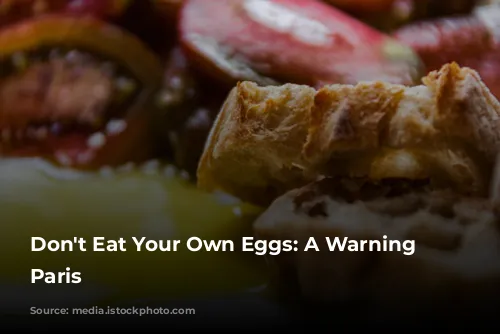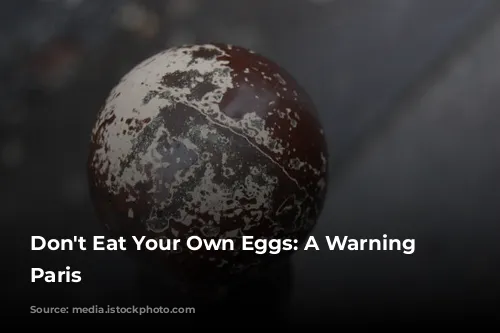Ever considered raising chickens in your backyard for fresh eggs? Well, if you live in Paris, think again.
In February 2022, the health authority for Île-de-France, Agence Régionale de Santé (ARS), warned its residents against eating eggs from their own chickens in certain areas. This wasn’t just a local concern, but one that expanded across the entire region.
Why the dramatic change in advice?
The alarm bells started ringing after tests by the non-profit organization Toxicowatch found persistent organic pollutants (POPs) in eggs collected from backyard chickens. These toxins are unwelcome guests in the environment, with lasting impacts on human health.
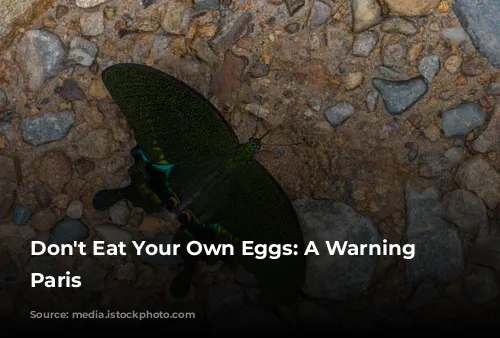
The Root of the Problem: Persistent Pollutants
The ARS conducted another study, this time examining eggs from 25 locations in Île-de-France. They found three families of POPs: dioxins (PCDD), furans (PCDF), and polychlorinated biphenyls (PCBs). This means these toxins are widespread throughout the region and not just concentrated near incinerators.
But where do these pollutants come from?
Dioxins and furans are byproducts of burning waste, whether it’s household garbage, garden trimmings, or industrial processes. PCBs are man-made chemicals previously used as lubricants and insulators, but they were banned in 1987 due to their harmful effects.
These toxins linger in the environment long after their initial use.
PCBs are particularly persistent, accumulating in the environment due to their past widespread use in buildings, paints, and adhesives.
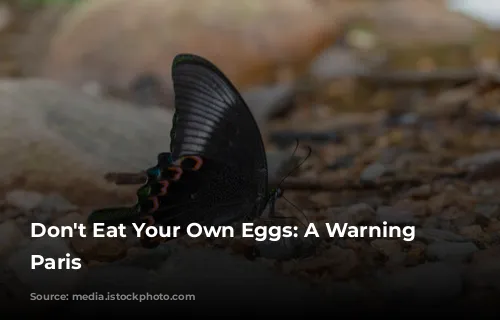
The Danger of a Toxic Treat
Out of the 25 egg samples, a shocking 21 exceeded the safe levels for dioxins, furans, and PCBs for commercial eggs. Some samples even contained 40-50 times the European regulatory threshold for PCBs, a sobering discovery.
So how do these POPs end up in our food, and more importantly, what are the health risks?
These toxins accumulate in the fat of animals, making their way into our bodies through food. This is especially concerning for eggs, which are rich in fat. The ARS clearly states that consuming contaminated eggs can lead to long-term health risks, including cancer, fertility issues, and metabolic problems like diabetes.

The City Under Siege: Why Paris is More Vulnerable
The high urban density and mix of business and residential zones in Paris create a unique set of challenges. The extensive use of PCBs in the past, combined with the widespread incineration of waste, has left the city vulnerable to soil contamination.
This problem isn’t confined to Paris.
While Paris and its surrounding suburbs bear the brunt of contamination, rural areas are also affected by POPs, highlighting the need for a wider awareness and preventative measures.
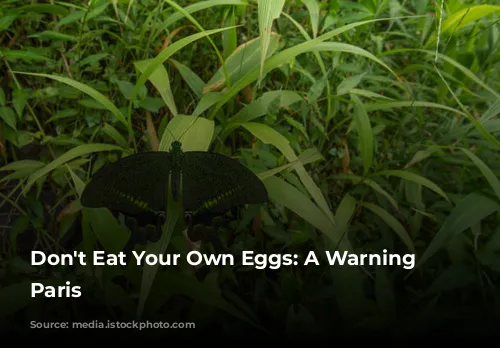
A Call for Action: Protect Yourself and Your Family
The ARS’s warning is clear: avoid consuming homegrown eggs from any part of Île-de-France. This recommendation, while potentially disappointing for backyard chicken enthusiasts, aims to protect public health.
The future of this issue relies on collective action.
While the full report of the study is expected in mid-2023, the ARS’s message is clear: It’s time to take action to safeguard our health and the environment. We need to consider alternative ways to manage waste, promote safer industrial practices, and ensure that our food sources are free from these harmful contaminants.
